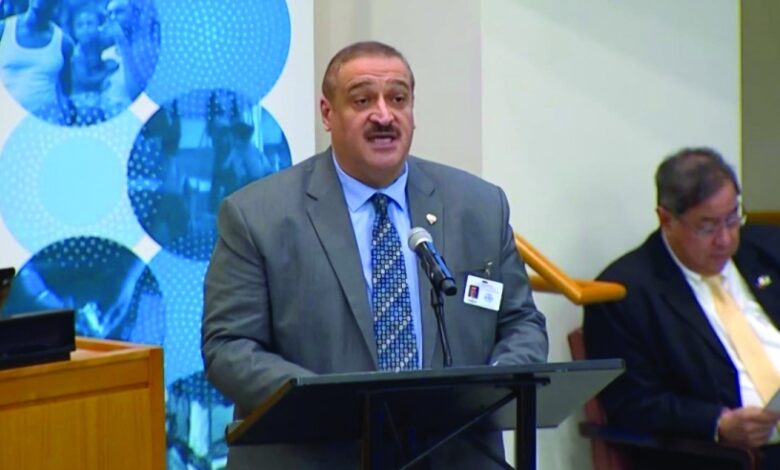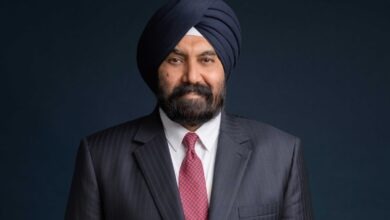GCC states prioritize health and mental well-being as strategic investment in human capital
GCC is taking a proactive stance on public health, placing disease prevention and mental health promotion at the heart of its development strategy. These measures are essential for sustainable growth and societal well-being -- Dr. Ahmad Al-Awadhi

Minister of Health Dr. Ahmad Al-Awadhi said the Gulf Cooperation Council (GCC) countries view disease prevention and mental health promotion as key investments in human capital, vital for sustainable development.
Speaking on behalf of the GCC at the fourth high-level UN General Assembly meeting on non-communicable diseases, he emphasized that proactive healthcare strategies strengthen both individual well-being and national progress.
Al-Awadhi highlighted that GCC governments allocated an average of 4.5 percent of GDP to healthcare last year, reflecting strong financial commitment. He noted the establishment of the Gulf Center for Disease Prevention and Control in 2022 as a comprehensive regional framework for governance, prevention, and monitoring of both communicable and non-communicable diseases.
He also outlined the GCC’s public health initiatives, including the 2016 Unified Excise Tax Agreement to curb the consumption of harmful products like tobacco, electronic smoking devices, and sugary drinks. Furthermore, the GCC Standardization Organization has introduced regulations to limit hydrogenated fats and oils, reinforcing the region’s commitment to preventive health measures.
Mental health was highlighted as a core priority for the GCC. Countries have implemented ambitious plans to integrate mental health care into primary healthcare systems, build the capacity of specialized personnel, and combat stigma. Specialized centers have been established to serve all populations, particularly vulnerable groups and those at high risk, ensuring comprehensive and equitable healthcare access.
Al-Awadhi cited national achievements such as the Kuwait Center for Genetic Diseases, which offers early screening and genetic counseling for approximately 12,000 families annually. On behalf of the GCC, he pledged to translate the UN political declaration on health into actionable regional and national policies, with particular attention to rare diseases affecting around 300 million people worldwide.
He also spotlighted exemplary healthcare innovations across the GCC, including Sheikh Shakhbout Medical City in the UAE, Bahrain’s Oncology Center treating sickle cell anemia using CRISPR, Saudi Arabia’s virtual Seha Hospital covering 80+ specialties, Oman’s Al-Masarra Hospital for Mental Health, and Qatar’s Renad Academy for children and youth with autism. These achievements, Al-Awadhi concluded, reflect the GCC’s dedication to advancing health, innovation, and sustainable development while promoting the right to health and human dignity globally.
— KUNA
Follow The Times Kuwait on
X, Instagram and Facebook for the latest news updates













